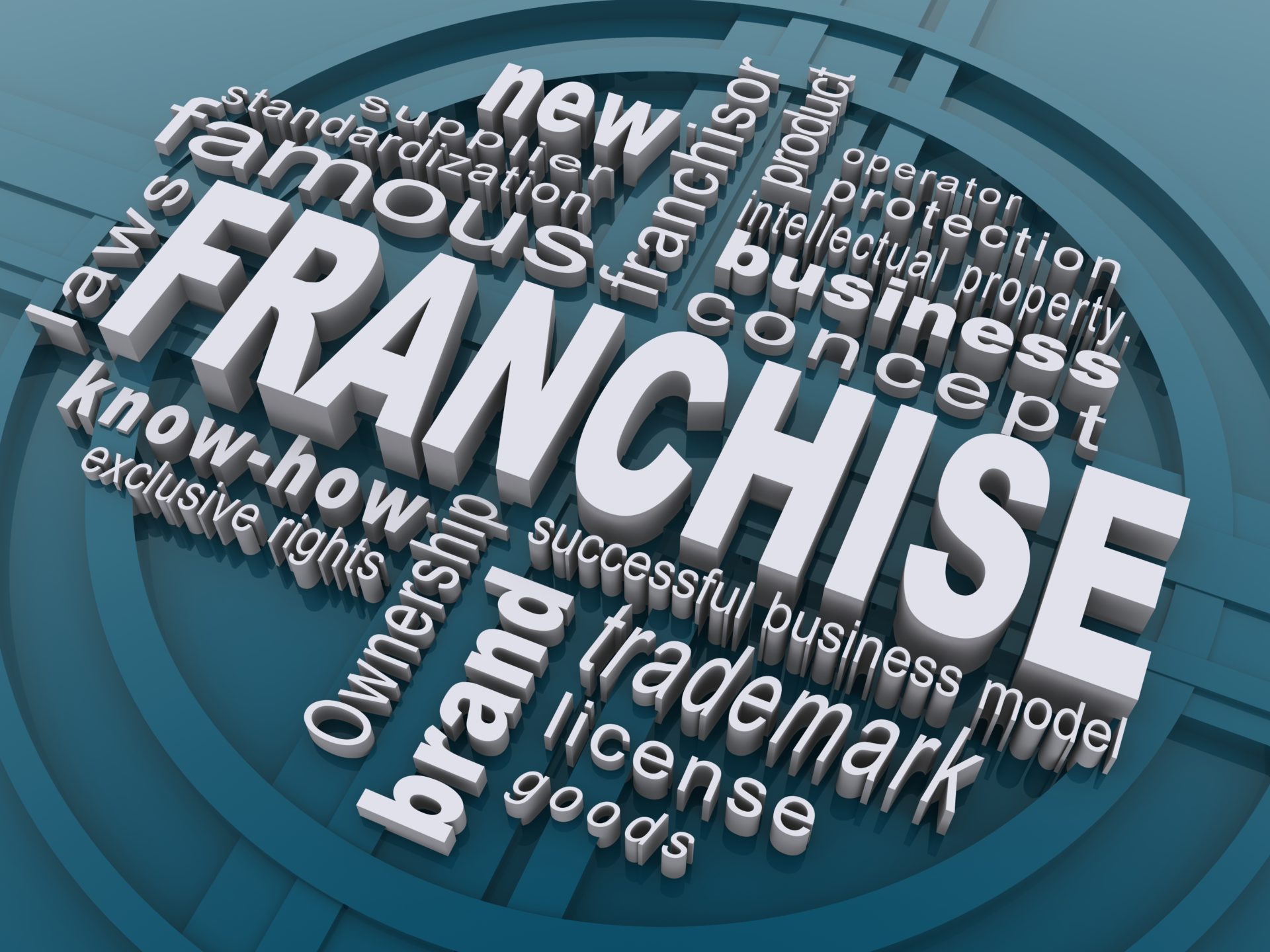INTRODUCTON
A business opportunity not to be missed. At least that is the catchphrase. You are sick of working for someone else and want to go into business, or perhaps you are new to the country and find it difficult to navigate a new economic environment to get into business. Maybe the scale of the initial investment or a lack of a viable funding source is just making it too hard.
A franchise business opportunity can sometimes be the right fit if starting up your own business from scratch isn’t happening or it is just too difficult. There are a multitude of franchise businesses out there just waiting for you to front up with some initial cash and a commitment to succeed (and work long hours). Gardening, home handyman/woman, roof cleaning, afterschool care, garage/cabin/shed installations, fitness gyms, multiple retail – either goods or services. The list is almost endless.
KEY COMPONENTS OF A FRANCHISE BUSINESS
Whilst the variety of franchise businesses might seem endless, the franchise model normally has some common characteristics:
• An upfront one-off nonrefundable franchise fee – this could be $20k or around that level or alternatively could be much larger. Maybe it’s $5 million to buy a major supermarket franchise.
• Once established and operating there will be ongoing franchise fees charged on the basis of revenue earned by the business. These might incorporate a marketing component to contribute towards the local or national costs undertaken by the master franchisor to promote the business. Typically, the total variable fees will be around 5% – 7.5% of gross revenue.
• The provision of operational support to get your business going including standard operating manuals; standard design templates including logos and signage; training; employee agreements; lease setup; supply chain arrangements; menus; recipes; price lists and so on.
• The franchise will normally have a predefined period of say 5-10 years, before it will potentially be able to be renewed (providing all the commitments or targets specified in the initial franchise agreement have been met).
Effectively the idea is to slot you into an existing business structure with all the logistics covered ready for you to start operating from day one. There might be an initial delay to find the ideal location for your business, lease premises, complete any building construction and fit out, hire staff, complete training, purchase stock and/or equipment, and so forth. But this will all be under the guidance of the franchisor, utilising their knowledge and experience and leveraging their pre-existing networks.
The key to any franchise will be the Franchise Agreement which specifies all the duties and obligations of each party. This should be read carefully and if this is not your forte then you should get help from your lawyer. Understand fully what you are signing up to – what are your obligations and if you don’t meet them, what happens? As part of the initial review process a budget should be prepared to identify the total investment you will need to make. Note that any building construction and fit-out costs will normally be your responsibility. Before committing to what can be a reasonably large capital investment, make sure you assess the likely performance of the business with a forecast operating budget. What is the likely level of returns and how does this compare to what you have had to front up with in terms of the initial investment.
EVALUATION
Here are key questions to have answered before buying into a franchise business:
• How reputable is the Franchisor?
• Is there a defined trading region that you have exclusive rights to?
• Do the various manuals, templates, and other infrastructure intellectual property actually exist?
• What sort of support team backs up the Franchisor eg marketing; financial; operational; sales.
• What supplier networks are in place to support you and how reasonable are these (often the franchisor will take some sort of rebate based on volume of supplier sales to the franchise network as a whole)?
• What sort of references are there from existing franchisees in the network?
• Are the returns reasonable after accounting for your time and commitment to the business? (Derived from a full budget: investment cost, forecast operating budget and cashflow, and likely payback period).
• How many hours a week do I work now and how does this compare to those I will work as an owner of a franchise? Then refer back to your return per the question above. Be aware of the difference between earnings for your time in the business versus return on your investment – too often these get wrapped up together.
THE WAR STORIES
As noted earlier, there are multiple different franchise businesses and there will be differences and idiosyncrasies depending on the particular goods or services being sold. Here are some real-life anecdotes to reflect on:
• A large (and listed) Franchise Company (not in New Zealand) which crashed and burned when it “forgot” that its franchisees needed to be successful but instead was too focused on the fees it was extracting from them.
• An individual franchisee targeted by a phishing email scam which extracted from them NZ$300k that was meant to be paid to the Franchisor for premises construction and fit out. Arguably contributed to by poor financial systems operated by the Franchisor.
• An individual who bought into a franchised café business who was able to turn his unique front-facing customer skills to such advantage that his return was in excess of 30% versus the average for others of 10%-15%
• A contractor entering a franchise business and telling the owner that he was sent by the franchisor to do some work. He was verbally abused and told to leave. This tells you something about the relationship between the franchisor and its franchisees.
SUMMARY
The last example of a real-life occurrence where the franchisor was a very skilled salesman who sold multiple franchises to more than 100 people at a non-refundable fee of $40,000 per franchise. The next stage was to determine the location for the premises, secure a lease and begin construction and fit out. However, this process was then dragged out and continually delayed, as well as it being difficult to communicate with or get action from the franchisor. There were admittedly a number of franchise businesses that had been set up already and were operating although in most cases they were struggling financially. Initially anyway most of the press for the business was reasonably positive, but eventually the chain was put into voluntary receivership. Hence, the title of this article: legitimate business opportunity or a Ponzi scheme? Buyer beware and do your homework before committing.
There can be some good franchise business opportunities, but proper due diligence is required as well as an honest self-appraisal – is this the best business for me and my skill set, that is, can you provide the X factor that will be the difference between an okay business and a really good business.
Need some help either appraising a franchise opportunity (including building a forecast and measuring return on investment) or help building the financial platform for your franchise business? Give Management Response a call for a free no obligation discussion


